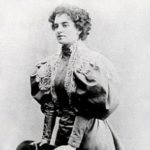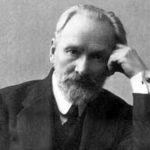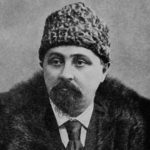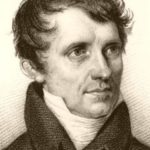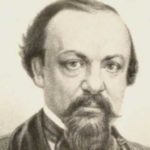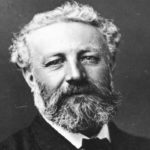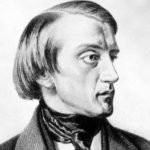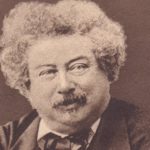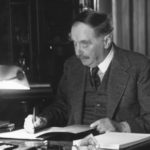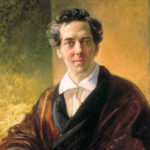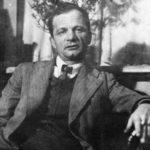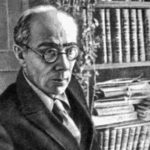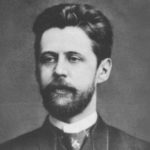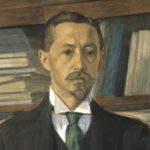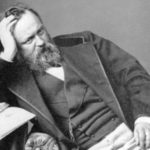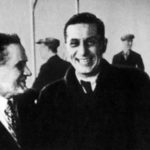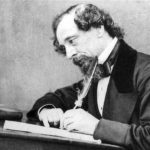Facts from the life of Dmitry Merezhkovsky
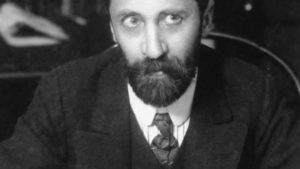 Dmitry Merezhkovsky, a writer and critic, differed from most writers of his time in not the most standard approach to creativity. Now it is often called one of the pillars of Russian symbolism, but often they forget that it was he who initiated the analysis of works from the point of view of religion and philosophy. At the same time, Merezhkovsky’s publications were quite ambiguously perceived by critics, which, however, did not prevent him from achieving fantastic success in his chosen field.
Dmitry Merezhkovsky, a writer and critic, differed from most writers of his time in not the most standard approach to creativity. Now it is often called one of the pillars of Russian symbolism, but often they forget that it was he who initiated the analysis of works from the point of view of religion and philosophy. At the same time, Merezhkovsky’s publications were quite ambiguously perceived by critics, which, however, did not prevent him from achieving fantastic success in his chosen field.
He had eight brothers and sisters.
The father of the future writer was a very well-read and religious man, so when Dmitry began writing his first works, he found the most ardent support in his parent.
Young Merezhkovsky thanks to his father’s acquaintances was introduced to Dostoevsky, to whom he read his work. Dostoevsky criticized him, saying “weakly, very weakly”.
The first poems of Merezhkovsky were published in 1880. Three years later, he was already quite popular, and in the Encyclopedic Dictionary of the authorship of Brockhaus and Efron in the 1896 edition he was called a famous poet.
He studied at two universities at the same time, in Moscow and St. Petersburg. And there, and there he enrolled in the historical and philosophical faculties.
Merezhkovsky’s early work consisted of poems and poems, but later he became more interested in dramaturgy and also became a famous literary critic.
In his first publication as a critic, Merezhkovsky wrote about the work of A. P. Chekhov, the then novice writer. The latter did not appreciate the article, and later in every way rejected Merezhkovsky’s attempts to establish friendly relations with him.
With his wife, the poet Zinaida Hippius, the writer lived 52 years. After his death, she cut off all social ties and removed herself from public life.
In his memories of her husband, his wife wrote that he had never had close friends.
Dmitry Merezhkovsky translated part of the famous “Faust” of Goethe into Russian.
Among other authors who influenced his work, the writer mentioned Edgar Allan Poe.
Roman Merezhkovsky “Julian the Apostate” was the first work in the genre of Russian historical symbolism.
He criticized Leo Tolstoy for his conflict with the church, arguing that “Tolstoyan nihilism” leads Russian society to nowhere. When Tolstoy was excommunicated, Merezhkovsky reacted to this event with an approving publication.
In Europe, many Merezhkovsky publications that have not been censored in Russia have become very popular.
For his work, the writer was nominated 10 times for the Nobel Prize in Literature.
After the October Revolution, Merezhkovsky and his wife moved first to Poland, but after the conclusion of a settlement agreement with Russia by the authorities of the country, he left this country. And the last years of his life were spent in France, in Paris.
The writer sharply criticized the communist system of the Bolsheviks, who came to power in the USSR, calling it a “red plague”. Most of his later publications are full of hatred and contempt for the Soviet Union.
Throughout his life, Merezhkovsky wrote at least four hours a day.
